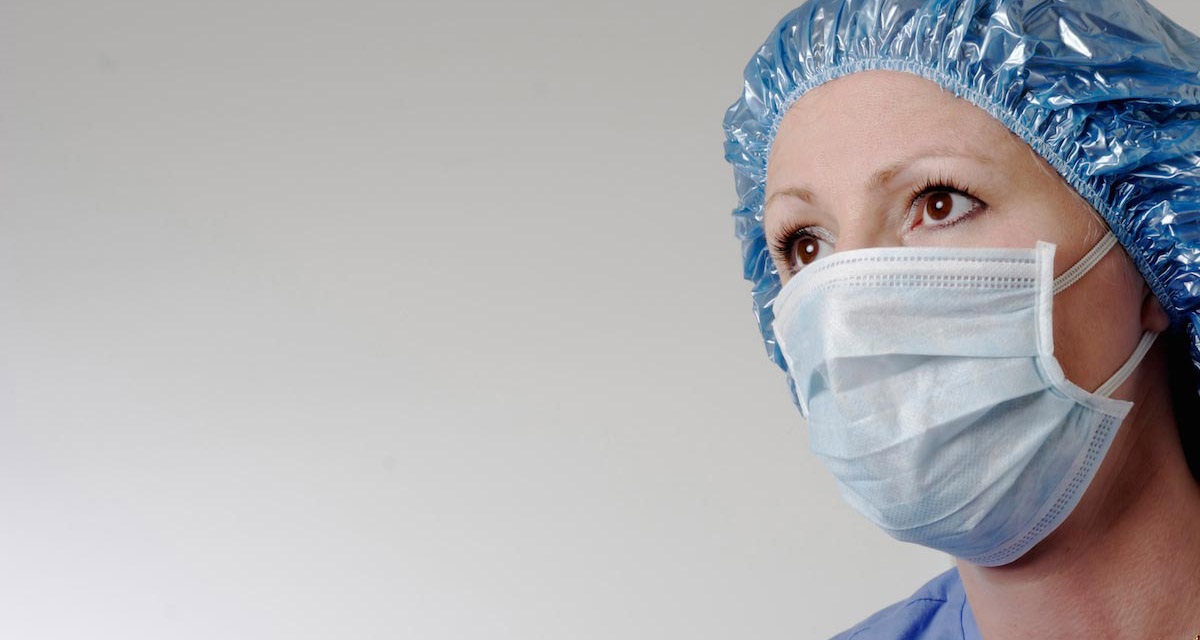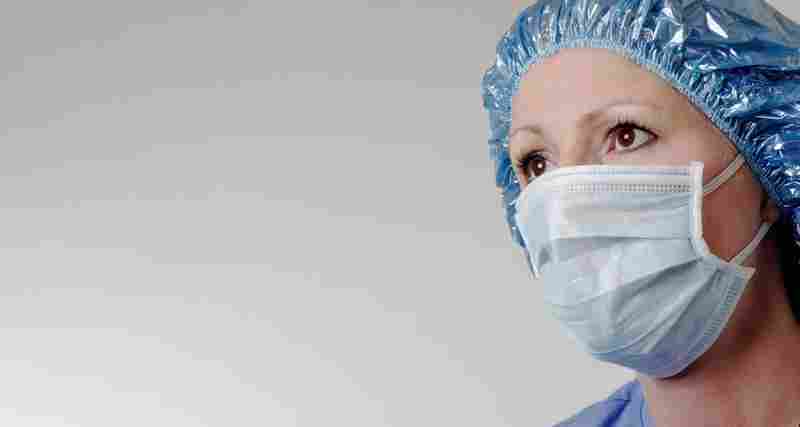
- 2021-03-26
- 0.0 Reitingas
- 1233 Peržiūros
- Aptarti
(Paranormal) Governments worldwide have urged people to wear face masks amid the pandemic, claiming that the use of the masks will protect them from getting infected with the Wuhan coronavirus. But not all health experts are convinced this is true, and some have even sounded the alarm about the apparent effectiveness of face masks against the coronavirus.
(Article by Divina Ramirez republished from NaturalNews.com)
One such expert, Lee Merritt, an orthopedic surgeon with the organization America’s Frontline Doctors, gave a presentation last year during a summit that the group organized. In her presentation, Merritt debunked various misconceptions about masks, including the idea that masks can ward off the coronavirus.
Merritt said the justification for mask-wearing is based on a nonsense narrative with little to no scientific basis. To illustrate her point, she showed a video of a man installing drywall while wearing a surgical mask with ear loops, similar to the mask that health authorities encourage people to wear to prevent infection.
However, when the man removed his mask, he still had flecks of drywall stuck around his nose and mouth. The mask failed to filter out drywall dust, which is about 10 micrometers (um) in size. Yet health authorities have been claiming that such surgical masks can protect against SARS-CoV-2, which measures about 0.125 um.
Surgeon debunks misconceptions about masks
Surgical face masks do protect against some viruses, but size matters immensely. That is because viral particles come in different sizes. The same holds true for bacterial particles. For instance, surgical masks are effective against the bacterium that causes tuberculosis because it is large, measuring about two to four um in length.
Merritt also underscored some of the most common misconceptions about face masks and busted each one. An especially popular misconception is the idea that masks keep particles in when the wearer talks, coughs or sneezes. These activities generate small liquid droplets called aerosols, which bacteria or viruses can latch onto.
Merritt explained that when the wearer sneezes, coughs or even just talks, the aerosols generated would simply take the path of least resistance. Depending on the type of face mask, aerosols may travel right through the material or exit through gaps along the sides of the face mask.
Moreover, another popular misconception is that face masks filter out most of the viral particles, thus reducing the total number of viral particles entering the body. The idea that a person is less likely to have a serious infection if there are fewer viral particles is not based on scientific studies or evidence, said Merritt.
But aside from not being as effective against the coronavirus as so-called health experts claim, masks may even pose a risk to human health. For instance, a recently published review of studies on mask-related adverse health effects suggested that mask-wearing may seriously harm people without any notable benefit.
The review, which was prepared by former physics professor Denis Rancourt, showed multiple ways masks can inflict damage and undermine health. Some of the mask-related adverse health effects included in the review are discomfort, irritation and psychological impact.
Merritt pointed out that the psychological effects of mask-wearing are particularly detrimental to children. For instance, because face masks cover up most of the person’s face, children may find it difficult to develop facial recognition skills and be unable to pick up on non-verbal communication cues.
In addition, face masks block emotional signaling and may even severely impair children’s ability to connect or bond with others. Pathogenic viruses and bacteria can also rapidly accumulate on the surface of improperly used face masks. In such cases, masks may actually increase the risk of spreading viruses, noted Merritt.
To sum up, Merritt’s presentation raised serious doubts about the supposed effectiveness of face masks against the coronavirus. The good news is, mask-wearing is not the only way people may reduce their risk of contracting the dreaded virus.
Drinking water, eating clean, nutrient-dense foods, exercising and getting enough sleep each night are some of the ways you can strengthen your immune system naturally. (Related: Restore your immune system with a detox.)
Go to Pandemic.news for more articles about how face masks are ineffective against the coronavirus.
Sources include:
Pasaulio naujienas kitaip... skaitykite Paranormal Telegram, FB ir X(twitter) kanale...kadangi jau perskaitėte šį straipsnį iki pabaigos, prašome Jus prisidėti prie šio darbo. Skaitykite „Paranormal.lt“ ir toliau, skirdami kad ir nedidelę paramos sumą. Paremti galite Paypal arba SMS. Kaip tai padaryti? Iš anksto dėkojame už paramą! Nepamirškite pasidalinti patikusiais tekstais su savo draugais ir pažįstamais.
Turite savo nuomone, tapk autoriumi, prisijunk ir rašykite bloge. Dalinkitės receptais, sveikatos patarimais, nutikimais, susidūrėte su nekasdieniškais reiškiniais. Galite išversti iš užsienio kalbos, talpinkite su nuoroda. Laukiame Jūsų straipsnių, naujienų, apžvalgų ar istorijų!
Susijusios naujienos
Būkite pirmi, kurie pasidalins savo nuomonėmis su kitais.
Skaityti daugiau
Skaityti daugiau
Skaityti daugiau
Skaityti daugiau
Skaityti daugiau
Skaityti daugiau
Skaityti daugiau

